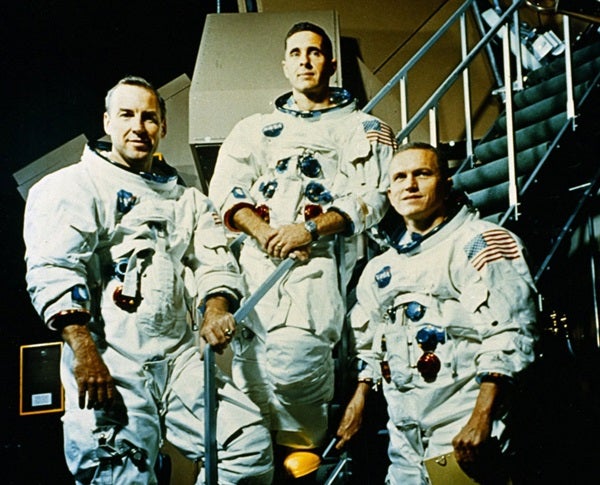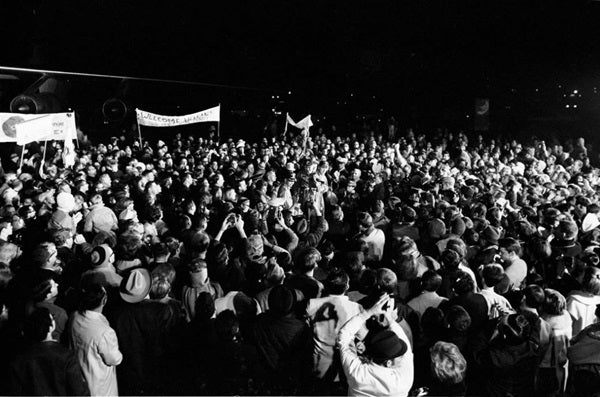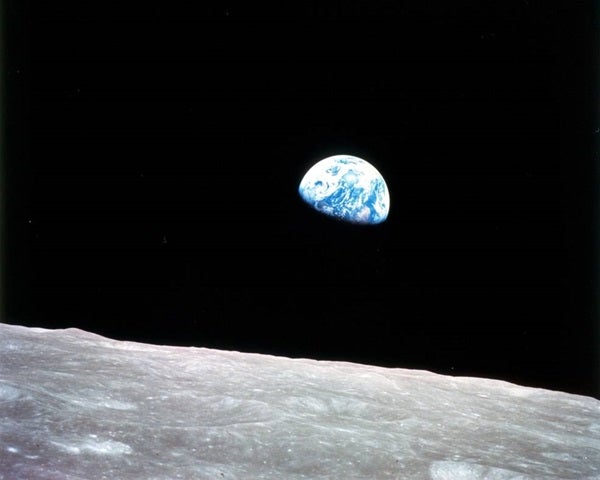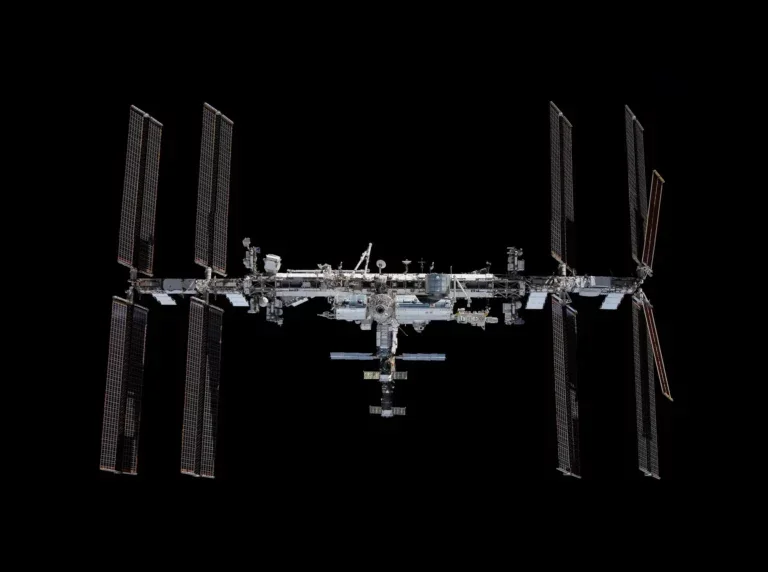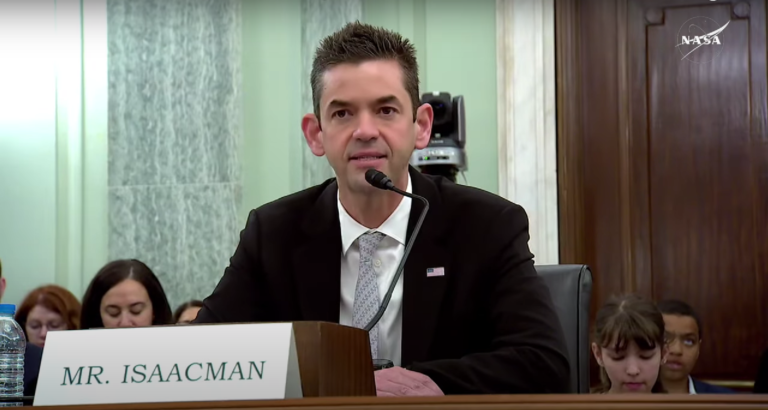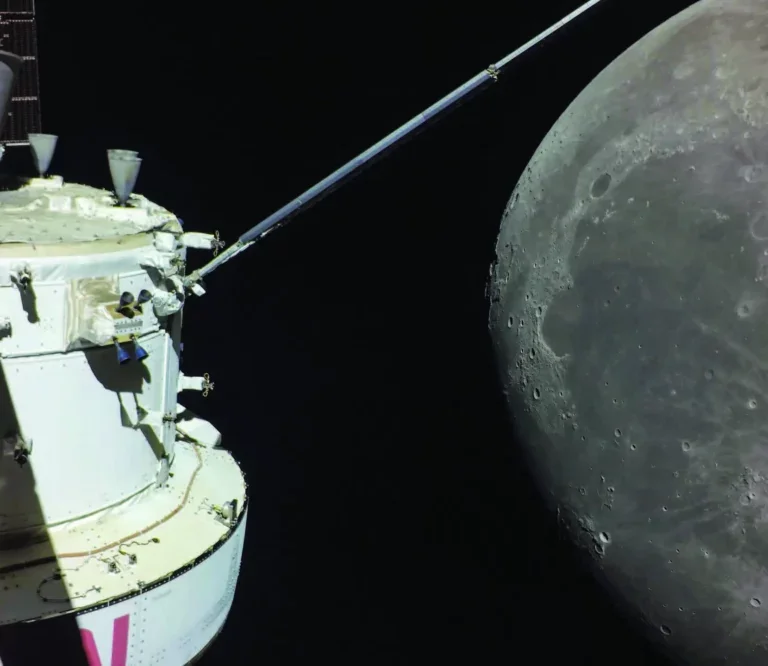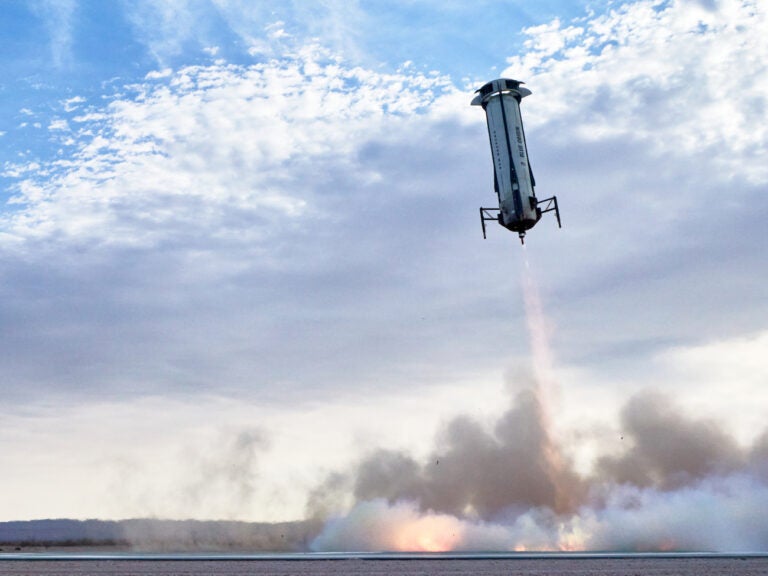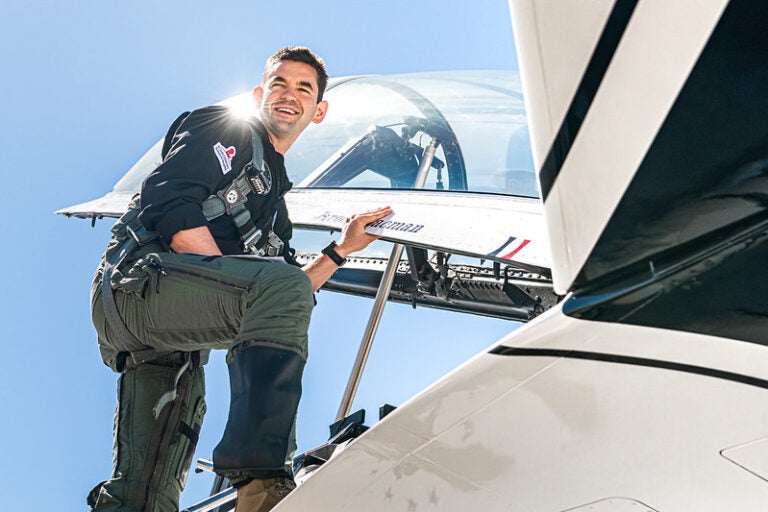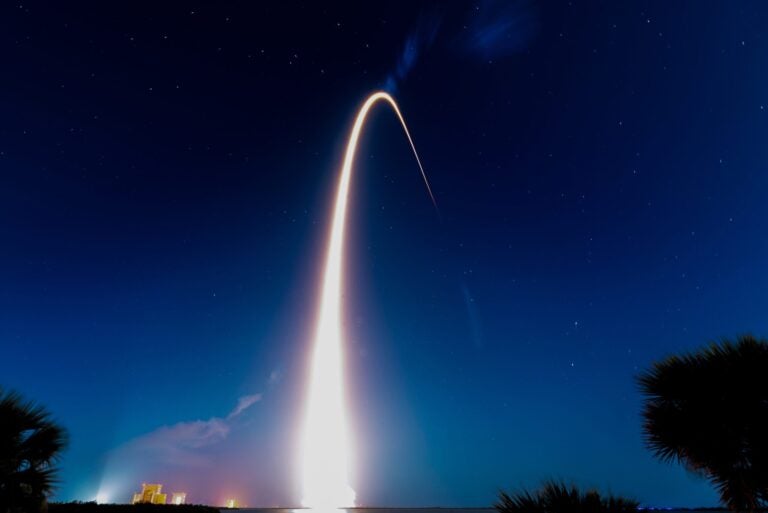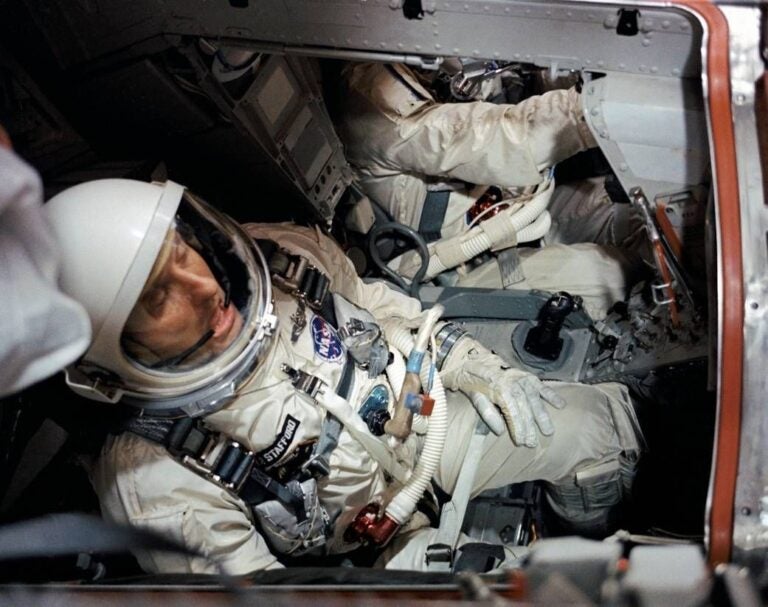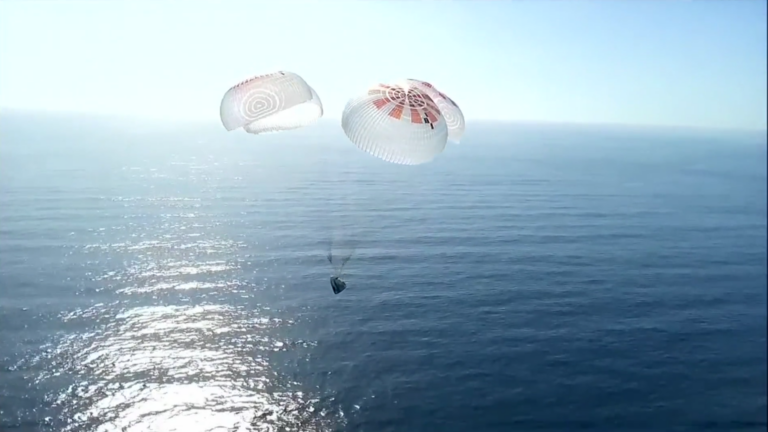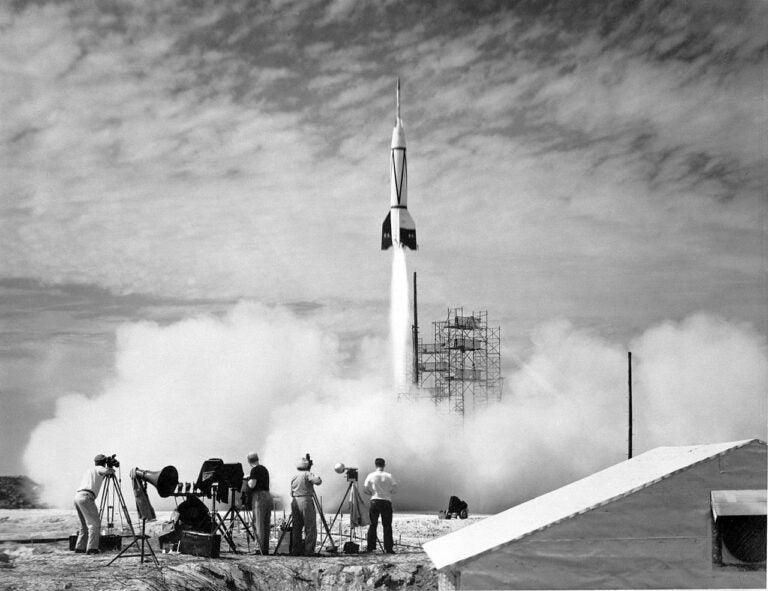And, like today, most people were eager to tack a new calendar on the wall by the time Bill Anders, Frank Borman and Jim Lovell launched for the moon on December 21, 1968 — the unofficial worst year ever in the U.S.
That year, MLK had been shot dead, Bobby Kennedy, too. U.S. soldiers were dying every day. Hundreds of unarmed Vietnamese civilians were killed in the Mai Lai massacre. Political unrest and violence gripped the country. Riots hit the Democratic National Convention in Chicago. And Richard Nixon was elected president.
“By Dec. 31, I was literally too pessimistic to say Happy New Year,” historian Susan Strasser told Slate in July. (The piece revisits the worst years ever).
But as Christmas neared, humanity found reason for hope. Astronauts — heroes in those days — were making their first trip from the Earth to the moon. For NASA, the mission was a Hail Mary. It was a last ditch effort to beat the Russians, who U.S. intelligence believed was readying to launch their own crewed spacecraft.
As they planned the flight changes, the astronauts realized that they’d be orbiting the moon on Christmas Eve. They wanted to do something special.
“So we thought, well how about changing the words to ‘The Night Before Christmas’?” Lovell told Astronomy magazine in a recent interview. “That didn’t sound too good. Or how about ‘Jingle Bells’? No, that was even worse. So we were at an impasse.”
A friend suggested farming it out to a newspaper reporter he knew, figuring he was pretty good with words.
As Lovell tells it:
The Dec. 21 launch went off without a hitch. Anders, Borman and Lovell soon became the first to leave Earth’s gravity behind. And on Christmas Eve, as the trio completed their fourth orbit around the moon, something totally unexpected happened: The spacecraft turned perfectly just as Earth broke over the lunar horizon.
“Oh, my God, look at that picture over there,” Anders told Lovell. “There’s the Earth coming up. Wow, is that pretty!”
Five orbits later, just as evening settled across America, the astronauts appeared on television as scheduled. The eyes of the world — an audience estimated at half a billion people — turned to watch. The space farers showed Earth rising out the spacecraft window, and panned their cameras across the lunar surface. Then they took turns reading from the book of Genesis.
“For all the people on Earth,” Anders said, “the crew of Apollo 8 has a message we would like to send you.”
At the time, with their focus solely on the mission, the astronauts hadn’t realized how powerful the event was for humans back on Earth. Time magazine went so far as to name them people of the year.
“It really wasn’t until we came back that we suddenly realized what the flight had accomplished as to the attitude of the Americans,” Lovell said in 2014. “We got so many telegrams, and one I remember distinctly, all it said was ‘You saved 1968’.”
Eric Betz is an associate editor of Discover. He’s on Twitter: @ericbetz.
This article originally appeared on Discover.

